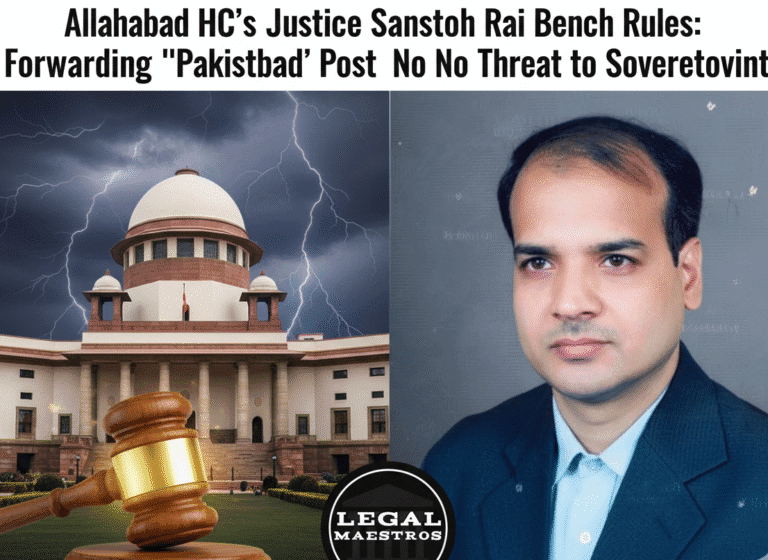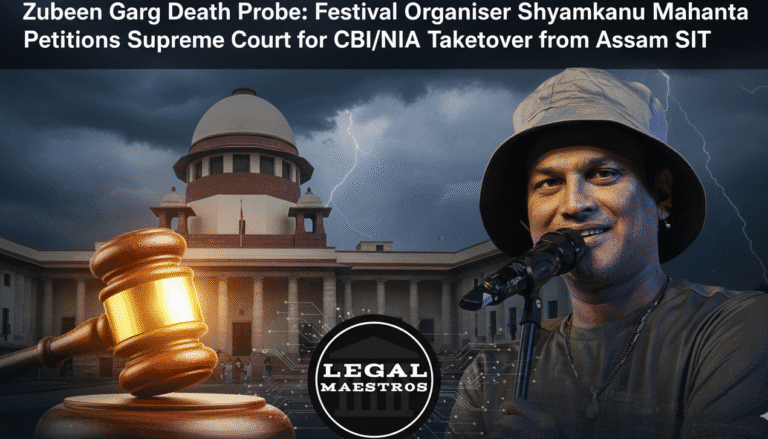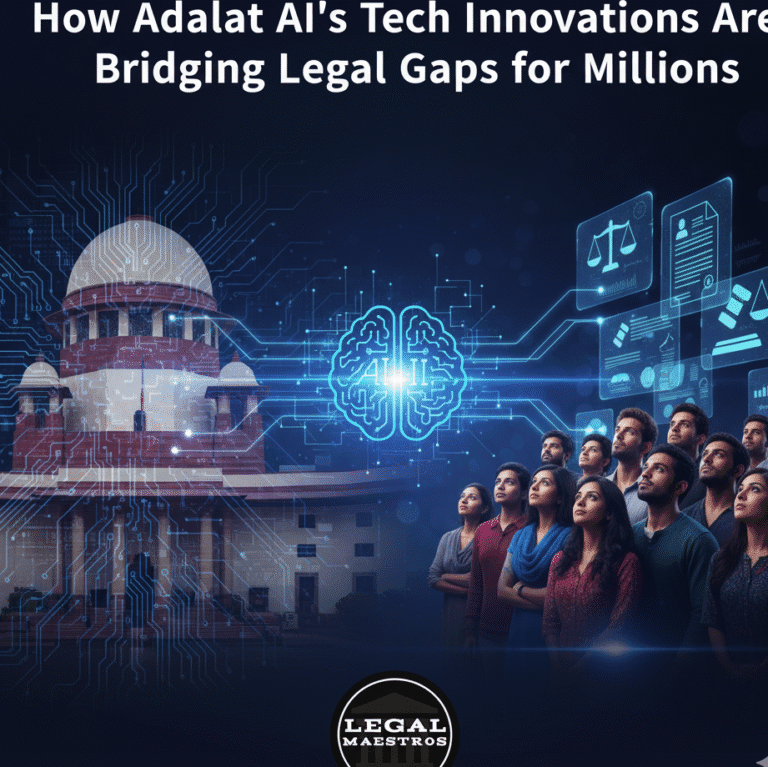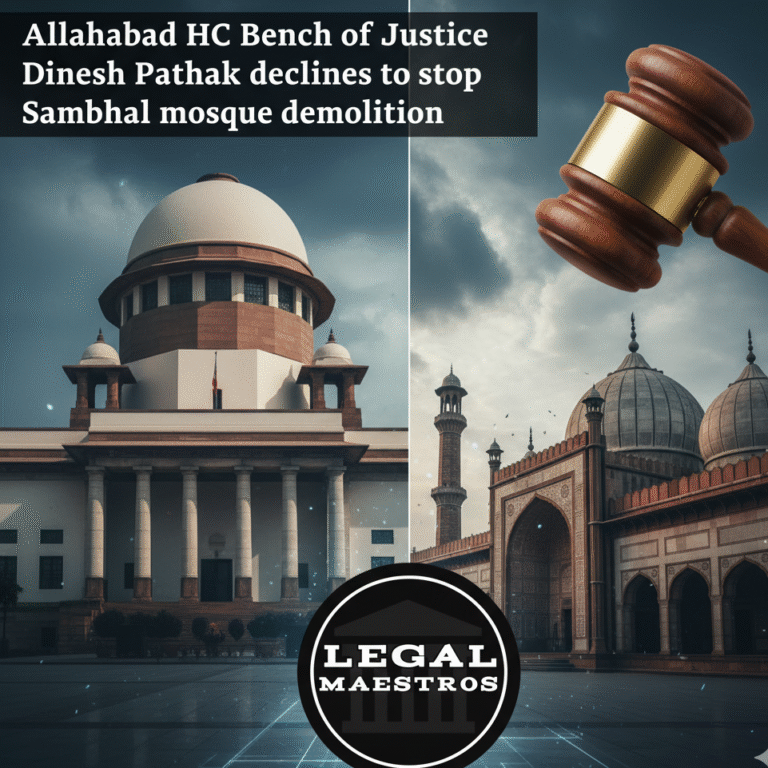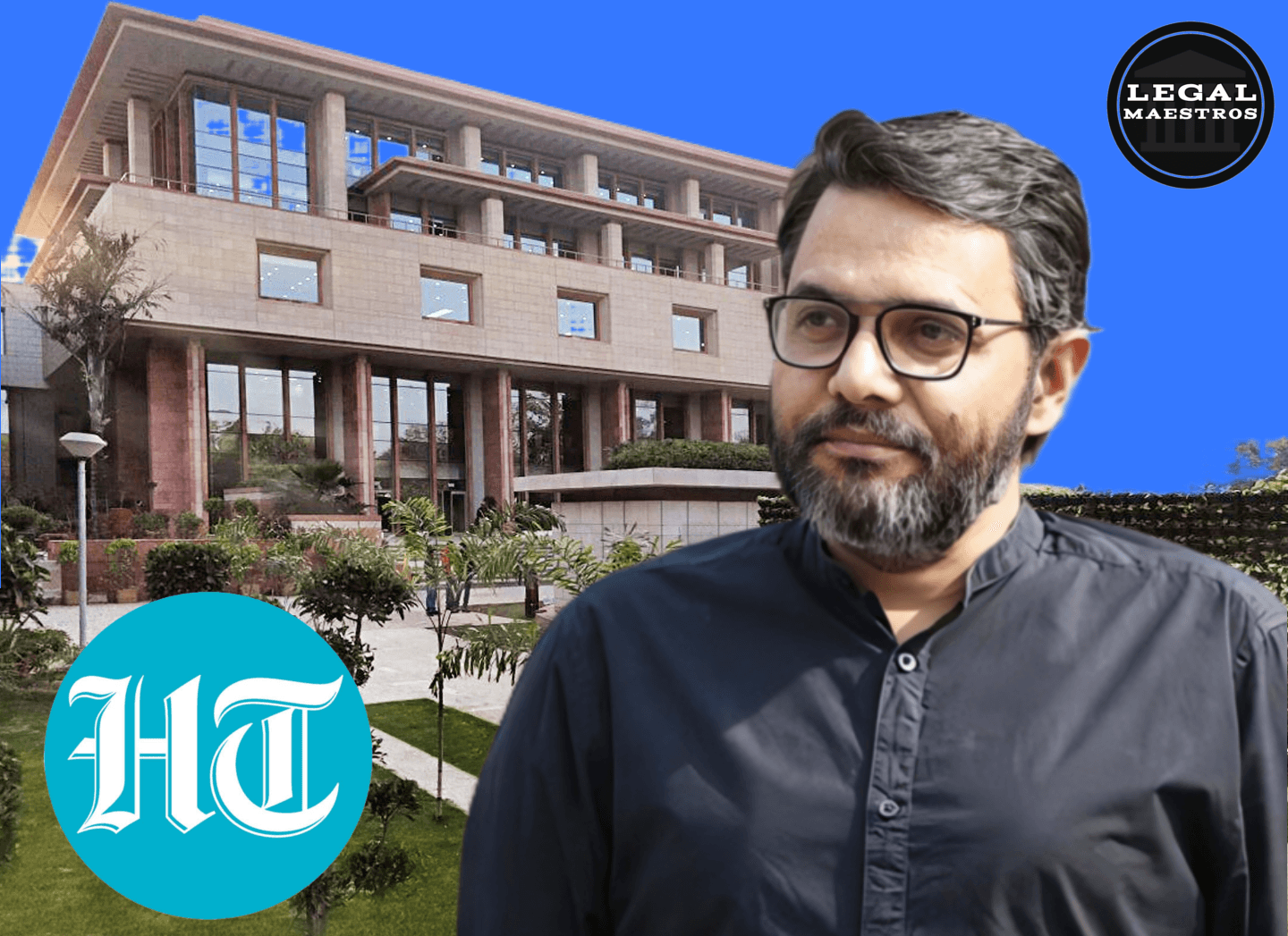
There in a recent case the Delhi High Court in a decision that has far-reaching implications to the press and the right of the people to information stayed the order of a trial court in which it had held HT Media Ltd. and an author guilty of defaming several people. In this case, an appeal was filed by HT Media limited and another appellant against Arun Kumar Gupta and others which has been filed on the basis of a work article published in 2007 under the title, Get Smart, Email with Care. The order of the High Court, dated August 14, 2025 is to stay, temporally, the operation of the judgment passed by the lower court, which had passed the judgment awarding the plaintiff (who was the respondent in the appeal) 40 lakhs in damages.
The judgment to remain the verdict by the High Court highlights complexity of the obvious balance that exists between the right to reputation of an individual and the constitutional freedom to press by the media and the role in informing the publics. The case is a very important lesson on legal provisions that operate in the area of defamation and affirms the role the courts play in ensuring that journalistic integrity is maintained particularly in cases that a publication has exercised caution in words used.
Case Background
The disagreement came about based on an article published on January 28, 2007, by one of the appellants and published by the HT Media Limited. The aim, as the appellants contended, of the article was to sensitize the general public to the misuse of the electronic form of communication, emails, and that emails were now legally accepted documents before the Indian courts.
For any queries or to publish an article or post or advertisement on our platform, do call at +91 6377460764 or email us at contact@legalmaestros.com.
The plaintiff in the original suit is the respondent Arun Kumar Gupta, who stated that he was defamed by the article. In the trial court, the case had been decided by the District Judge, South East District, Saket Courts, Delhi in favor of the plaintiff and damages were ordered to be paid to the tune of 40 lakhs Indian rupees to the plaintiff by the appellants. This ruling and order is dated 6 th June, 2025 and this is what was appealed by HT Media Ltd..
The Arguments of the Appellants and the consideration by the High Court
At the appeal hearing, the lawyers representing the writers of the article representing the respondent HT Media Ltd. and the writer of the article, contended that the article was strictly meant to educational purposes and that it was not meant to tarnish the image of the respondent. They argued that trial court itself had noted this.
The most important aspect of the argument that the appellants employed was the restrained and conscionable language used in the article. He had written that he had purposely used terms such as purportedly and alleged so that the report would be balanced and would show the non-conclusive nature of the allegations as he had testified in the trial as a witness (DW-2). The lawyers of the appellants said that such utilization of words was in accordance with the international norms of journalism.
For any queries or to publish an article or post or advertisement on our platform, do call at +91 6377460764 or email us at contact@legalmaestros.com.
The appellants also emphasized upon the observations of the trial court too itself as quoted in the High Court order. The trial court had concurred that the journalistic role also has constitutional right to publish on pending issues and that it sufficed that the journalists ascertained existence of the allegations by obtaining them through an order of court. The trial court had equally pointed to the fact that the article was not a final decision on the matter nor was there a pronunciation of the guilt of the plaintiff. Rather it simply alerted the readers that the information given by Bharti Infotel had been taken seriously by the court.
Nevertheless, the trial court had arrived at a judgment in favor of the plaintiff on the basis that no claims of financial irregularities had been made against the plaintiff despite the fact that he had left the company in which he was employed. The trial court had noted that the plaints in corroborative litigations (Suit Nos. I and II) absolutely mentioned that the plaintiff has resigned and he had no allegations on financial irregularities that was passed against him. The court also found that prior to the publishing of the article on January, 29 2007, in both suits the judicial record did not speak of allegations of financial irregularities by the plaintiff.
This was the Ruling of the High Court.
Such being their submission before the High Court of Delhi, the court, in the case of Justice Mini Pushkarna, granted the High Court leave to file the application of stay on the running of the judgment and decree by the trial court. This stay will continue the next date of hearing, which will be experienced on December 19, 2025. A notice was also served on the respondent by the court and the electronic and bookmarked copy of the trial court record was ordered.
For any queries or to publish an article or post or advertisement on our platform, do call at +91 6377460764 or email us at contact@legalmaestros.com.
Application to waive the stay represents a major trend, which embraces the case of the appellants as prima facie and the validity of the legal and constitutional questions. This move by the High Court sends the message that the court will strive to pay attention to the litigation concerning the media role in communication with the people and the principles of the responsible coverage.
Implications to the Law and Society
The case points out a number of very important legal and societal issues:
- Defamation Law: The lawful Injury of a plaintiff due to a defaming magazine must effectively show, (i) a defaming article which is harmful to reputation, (ii) publishing such article to a third party and (iii) unconfused reference to the plaintiff. Whether the criteria was met and whether the defense of truth or fair comment may be affirmed are the areas of interest to the court.
- Responsible Journalism: The case highlights the subject of responsible journalism, which involves the aspect of careful and prudent word choice, particularly in covering allegations that have not been proven. Such devices as terms purportedly and alleged are an orientalism in journalism, which allows the journalist, as well as the newspaper, to avoid being accused of misrepresentation.
- Freedom of the Press Against. Reputation: The present case is a prime example of the controversy between two fundamental rights, one being constitutional freedom of speech and expression by the press, guaranteed by Article 19(1) (a) of the Indian Constitution, and on the other is right to reputation of an individual which is regarded as a constituent element to right to life under Article 21. It is in many cases a hard job of many judiciary in unfortunate position of providing a balance between these rights so that one does not violate the other to a greater extent. The stay of the High Court shows that it will not be arbitrary in balancing out such competing interests.
- The goal of the appellants that the article was meant to create awareness to the audience on valuable legal and technological issues is also a substantial defense by the appellants. The judicial system tends to acknowledge the role played by media to increase knowledge as well as to lead to knowledgeable discuss in the society.
Journalists, media houses and legal analysts will follow with a lot of interest on the final outcome of this case as it may be used as a yardstick to guide the way future court cases on defamation against the media will be handled, especially, in situations where the reports made touch on a legal case that is on-going and the precise use of cautionary terms as language. The stay by the High Court is favourable in terms of media freedom because it will avoid the immediate imposition of a substantial fine and enable the legal and factual context of the case to be canvassed more exhaustively on appeal. The case represents an effective reminder that the right to reputation is primordial and so is the right people have to receive information and the duty of media in supplying such information in a conscionable manner.
For any queries or to publish an article or post or advertisement on our platform, do call at +91 6377460764 or email us at contact@legalmaestros.com.

